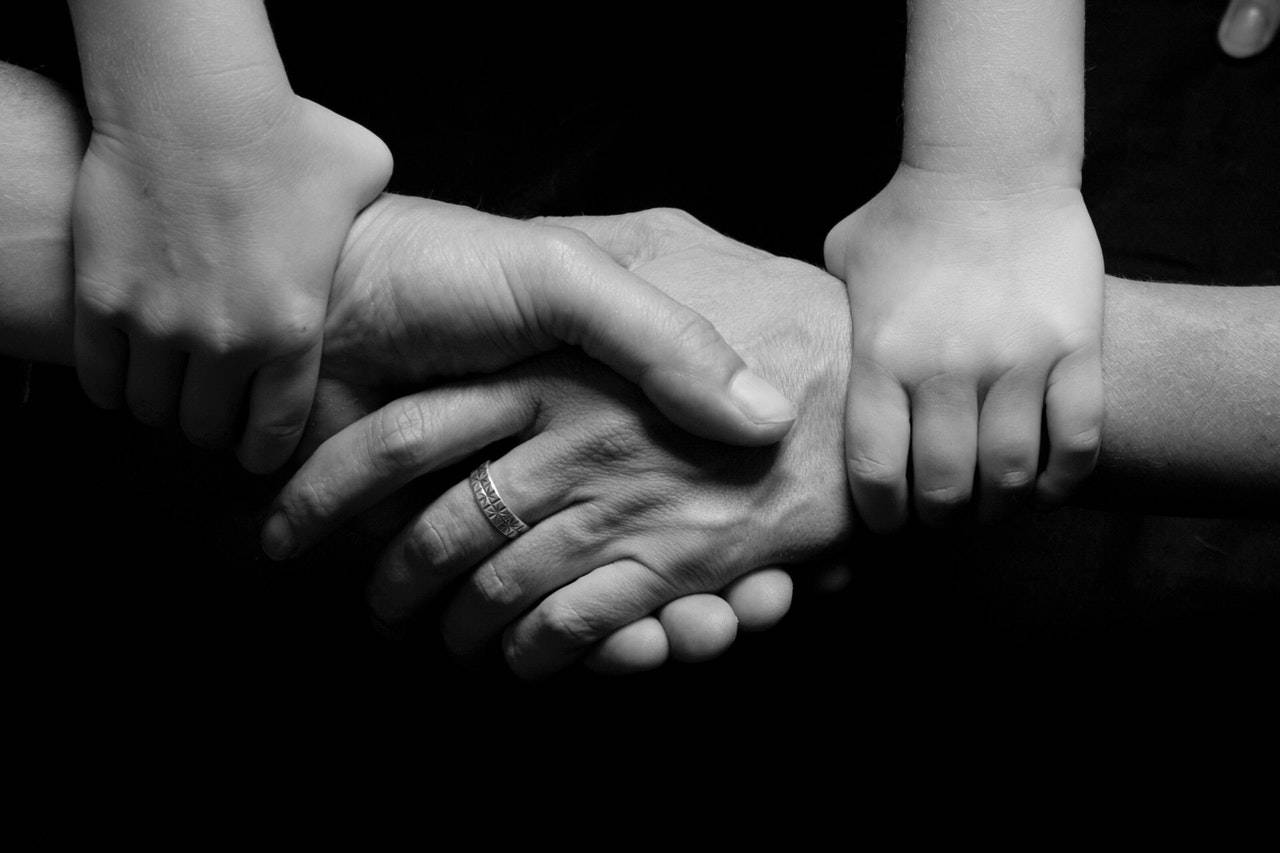A Dual Diagnosis Treatment Program Can Be Essential
Many people with substance problems need a dual diagnosis treatment program to complete their recovery.
That’s true because they also suffer from other serious mental health issues.
If you are affected by these additional issues, you may wonder if it’s even possible to get better.
But with the effective treatments available today, this is indeed a realistic, achievable goal.
Recovery from dual diagnosis is not easy.
In fact, you may find yourself facing more difficult problems than people only affected by addiction or mental illness.
However, with time, effort and expert care, you can turn things around.
There is always hope, even for people severely affected by dual diagnosis symptoms.
Basics of Dual Diagnosis
Until recently, dual diagnosis was widely known by another name: co-occurring disorders.
All people diagnosed with this issue are simultaneously affected by two significant problems:
- A substance use disorder, or SUD
- A separate mental illness
Some people with a SUD are addicted to drugs or alcohol.
However, some are not. Instead, they have serious, substance abuse-related problems even though they are not addicted.
You can also suffer from symptoms of addiction and non-addicted abuse at the same time.
There are many types of mental illness.
The list of these conditions includes such things as:
- Major depressive disorder and other depressive disorders
- Bipolar I disorder and other bipolar disorders
- Posttraumatic stress disorder, or PTSD
- Panic disorder
- Generalized anxiety disorder
- Anorexia and other eating disorders
- Schizophrenia and other schizophrenia-related disorders
- Borderline personality disorder and other personality disorders
There is a strong, two-way connection between mental illness and SUDs.
If you have a mental illness, there’s a roughly 50/50 chance that you will also have a SUD.
There is also a 50/50 chance that people with SUDs will have a separate mental illness.
That figure includes people affected by all kinds of mental illness.
A smaller number of people with dual diagnoses, roughly 3.6 million, suffer from serious or severe mental illness symptoms.
Substance-Induced Disorders
Sometimes, substance use itself directly leads to significant mental health problems. When that occurs, you do not actually have a separate mental illness. Instead, you have a substance-induced mental disorder.
All major addictive substances can trigger this type of disorder. Specific problems you may experience include:
- Psychosis
- Depression
- Serious anxiety
- Extreme disorientation, also known as delirium
When diagnosing you, your doctor will look for these kinds of issues. If they are directly caused by your substance use, you do not have dual diagnosis. However, it is possible to be affected by dual diagnosis and substance-induced problems at the same time.
Typical Rehab Vs. a Dual Diagnosis Treatment Program
If you have dual diagnosis, you cannot recover your health just by treating your substance problems. Instead, you must get help for your mental illness, as well. Why? Untreated mental illness creates a major roadblock for your ability to quit drugs or alcohol. The connection also works the other way. An untreated SUD creates a serious drain on your odds of recovering from mental illness.
Since the two issues affect each other, they must be treated together. This is the big difference between a typical rehab and a dual diagnosis treatment program. Standard substance rehab just helps you recover from an SUD. In contrast, treatment for dual diagnosis also helps you cope with additional mental health problems.
Not all addiction specialists offer dual diagnosis treatment. This means that you must take the time to find a program that meets your specific needs. You may find help in a facility that also offers standard substance rehab. However, some dual diagnosis treatment centers operate independently.
Features of a Dual Diagnosis Treatment Program
Assessment of Your Condition and Situation
What happens in a dual diagnosis treatment program? When you first enter this kind of program, you should receive a thorough assessment of your condition. This assessment helps your treatment team uncover a range of crucial details. That includes such things as:
- The exact nature of your substance problems
- The type or types of mental illness affecting you
- Whether or not you actually have a dual diagnosis
- How badly you’re affected by your SUD and mental illness symptoms
- What kind of care you’ll need to make your recovery
- How much care you’ll need
- The strength of your personal support network
- Any important details of your personal background
- Potential problems that could make your recovery process harder
Substance Detox
If you’re being treated for a dual diagnosis, you must stop your drug use and/or drinking. For this reason, dual diagnosis treatment programs place a heavy emphasis on detox or detoxification. That’s the name for a supervised process where you halt your substance use and go through withdrawal.
People who only have a SUD can sometimes go through detox on an outpatient basis. However, as a rule, you need inpatient detox if you have a dual diagnosis. That’s the only way to protect you from any unforeseen problems while withdrawing from drugs or alcohol.
Active Substance and Mental Illness Treatment
Inpatient care is also often necessary for dual diagnosis patients once they finish detox. Why? You may need this kind of 24/7, live-in program to protect your health and well-being during treatment. However, some people may be eligible for outpatient treatment, instead.
Integrated intervention is recognized as the most effective option for dual diagnosis care. What does this term mean? From the very beginning, your dual diagnosis treatment program will address both your SUD and your mental illness. That way, you will never have to worry about continuing to suffer from untreated symptoms.
To treat your SUD, your program may rely on medication, psychotherapy or a combination of the two. The specific approach depends largely on the substance that triggered your problems. One type of psychotherapy, dialectical behavior therapy or DBT, is becoming increasingly common in dual diagnosis treatment. Evidence shows that this therapy makes it easier for people with mental illness to stop their substance use.
You may also receive medication specifically targeted at your mental illness symptoms. There are many different options available. Your dual diagnosis treatment program will ensure that the medication you receive meets your unique needs.
Find Out More About Dual Diagnosis Treatment Programs
On its own, a SUD is enough to throw your everyday life far off track.
The situation is even direr if you also suffer from additional mental illness.
That’s why dual diagnosis receives special attention from addiction specialists.
It is also you need this kind of expert care if you are affected.
Without it, you have little chance of recovering from your combined substance and mental health problems.
The good news is that effective help is now available.
At a dual diagnosis treatment center, you receive focused care that addresses all aspects of your health.
This care can make all the difference between a successful recovery and months or years of fruitless struggle.
Need more information on dual diagnosis treatment programs?
Contact the specialists at Best Rehabs In Arizona today.
Our knowledgeable staff will answer any question you may have about these modern facilities.
We also feature first-class dual diagnosis care that meets the highest standards.
No matter how badly you are affected, we have the expertise needed to help restore your total well-being.





















